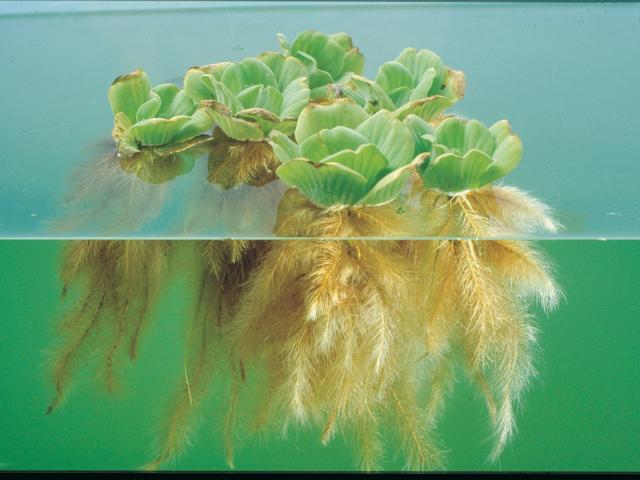Keep an eye out for these pests

The beginning of summer has brought with it a number of pest detections throughout the state.
Local communities can help prevent establishment of these pests by keeping an eye out and reporting any sightings to the Department of Primary Industries and Regional Development.
Asian black-spined toad
A single toad was recently discovered in the Perth suburb of Cloverdale.
Surveillance has made no further detections although people in the area, as well as travellers returning from Asia, are asked to remain on the lookout for unusual toads.
Water lettuce
This free-floating weed, also known as water cabbage, was recently traded online in Port Hedland to a number of purchasers.
Anyone who has purchased aquatic plants online are asked to contact the department before taking any action to remove the plant.
Devil’s claw
With summer upon us, growers involved in hay cutting and baling operations are being asked to keep an eye out for Purple flowered devil’s claw plants around areas of water and moisture.
The plant grows in irrigated systems and the seed pod can be easily attached and transported via the claw.
Starlings
Since 26 October, 13 adult starlings have been caught in 13 different lure traps across the south coast region – ranging across 180km between the west of Condingup through to Hopetoun.
Until now, only one starling has been detected in the past four years.
The local community is being asked to report any suspect sightings.
Stable fly
As the weather warms up, producers are reminded to properly dispose of material ideal for stable fly to lay eggs in, such as rotting vegetable crop residues, animal manures, spilled and wet grain feed, and rotting hay.
See the article on stable fly in AgMemo Horticulture news
Reports can be made to the department’s Pest and Disease Information Service on 9368 3080 or padis@dpird.wa.gov.au.
